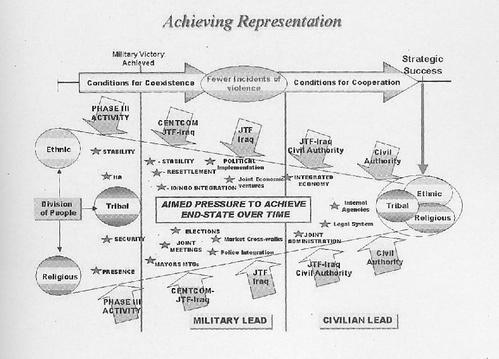At last — a success story from Afghanistan! Or perhaps not. From today’s New York Times…
KABUL, Afghanistan, Sept. 2 — Afghanistan’s opium harvest this year has reached the highest levels ever recorded, showing an increase of almost 50 percent from last year, the executive director of the United Nations Office on Drugs and Crime, Antonio Maria Costa, said Saturday in Kabul.
He described the figures as “alarming” and “very bad news” for the Afghan government and international donors who have poured millions of dollars into programs to reduce the poppy crop since 2001. He said the increase in cultivation was significantly fueled by the resurgence of Taliban rebels in the south, the country’s prime opium growing region.
As the insurgents have stepped up attacks, they have also encouraged and profited from the drug trade, promising protection to growers if they expanded their opium operations. “This year’s harvest will be around 6,100 metric tons of opium — a staggering 92 percent of total world supply. It exceeds global consumption by 30 percent,” Mr. Costa said at a news briefing.He said the harvest increased by 49 percent from the year before, and it drastically outpaced the previous record of 4,600 metric tons, set in 1999 while the Taliban governed the country. The area cultivated increased by 59 percent, with more than 400,000 acres planted with poppies in 2006 compared with less than 260,000 in 2005…

